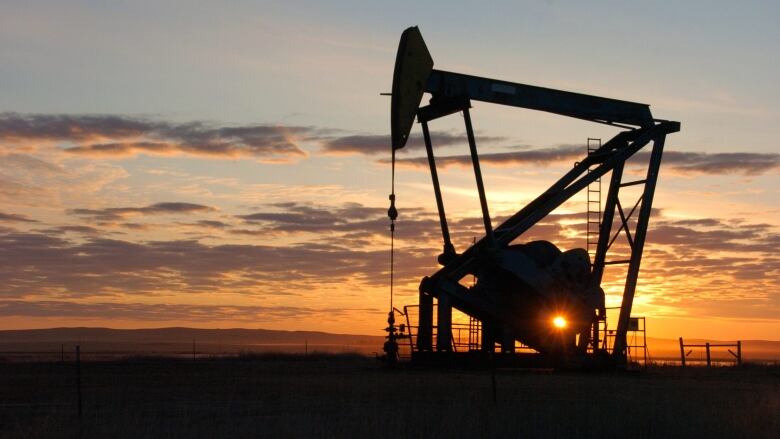Alberta test case: Planned sale of gas wells, pipelines raises cleanup concerns
'We in Alberta have gotten way too used to backroom deals and backroom regulators that are not transparent'

The possible transfer of hundreds of sour gas wells, pipelines and other facilities from an energy giant to a much smaller company has raised concerns about Alberta's efforts to ensure taxpayers don't get stuck with the cleanup bill.
"My faith that the [regulator] is making some form of really careful stress test on these companies is just not there," said Mike Judd, a retired guide and outfitter who lives in the middle of the gas field and has filed a statement of concern over the sale.
Last summer, Shell Canada agreed to sell 284 wells, 66 facilities and 82 pipelines in the southern Alberta foothills to Pieridae Energy, a Calgary-based company with a market value less than the price of the assets. Its stock price is under $1.
The purchase is part of a plan to move Alberta gas to a yet-to-be-built, $10-billion liquefied natural gas plant in Nova Scotia, from where it would be shipped to Europe. Pieridae says it is eligible for a $4.5-billion loan from the German government for the project.
The Alberta Energy Regulator must approve the transfer, a decision it must make as it copes with a growing list of wells, pipelines and other infrastructure abandoned by companies that went bankrupt during the energy price slump.
Orphan wells swell
Since January, the number of wells transferred to the Orphan Well Association has increased to 3,400 from 3,100. Alberta's cleanup spending is budgeted at $70 million by 2023 — a more than 50-per-cent increase in otherwise belt-tightening times.
The regulator has promised a closer eye on licence transfers to ensure purchasers are able to cover reclamation costs.
"We ... are broadening our assessment processes to allow for a more holistic approach to assess a company's ability to address its end-of-life obligations," said an email from regulator spokesman Shawn Roth.
"The AER will assess the proposed transfer to determine whether regulatory requirements have been satisfied and whether a security deposit will be required."
The Shell-Pieridae sale is a test case, suggested Shaun Fluker, a University of Calgary law professor.
"You would think these assets fit under that discussion," he said. "They keep talking about wanting to rework the existing policy they have for ensuring assets are properly looked after. At some point they're going to have to be proactive and take steps to make sure that happens."
Pieridae spokesman James Millar said in an email that Shell will cover any contamination from when it owned the sites — although that doesn't include the cost of reclaiming the sites themselves.
Millar wrote that Pieridae is "still working through" those costs.
"We did consider the asset retirement obligation of the assets before we purchased them."
He points out that Shell had planned to close the field, which would have been a severe blow to nearby communities such as Pincher Creek. Pieridae plans a new drilling program and says the purchase would be profitable almost right away.
Fluker said Albertans deserve more than company assurances that those who profit from the province's resources are able to clean up their mess. This sale is a chance to establish clear, publicly understood rules for such transfers, he said.
"Why not ... impose what [the regulator] says it's looking at, which is real timelines for reclamation and things like that? It's a good opportunity."
Judd just wants to be able to believe that the wells and pipelines pumping toxic sour gas near his home will be cleaned up safely.
"Our children and our grandchildren are going to end up with an environmental cleanup that is way beyond their capability to deal with," he said.
"We in Alberta have gotten way too used to backroom deals and backroom regulators that are not transparent."